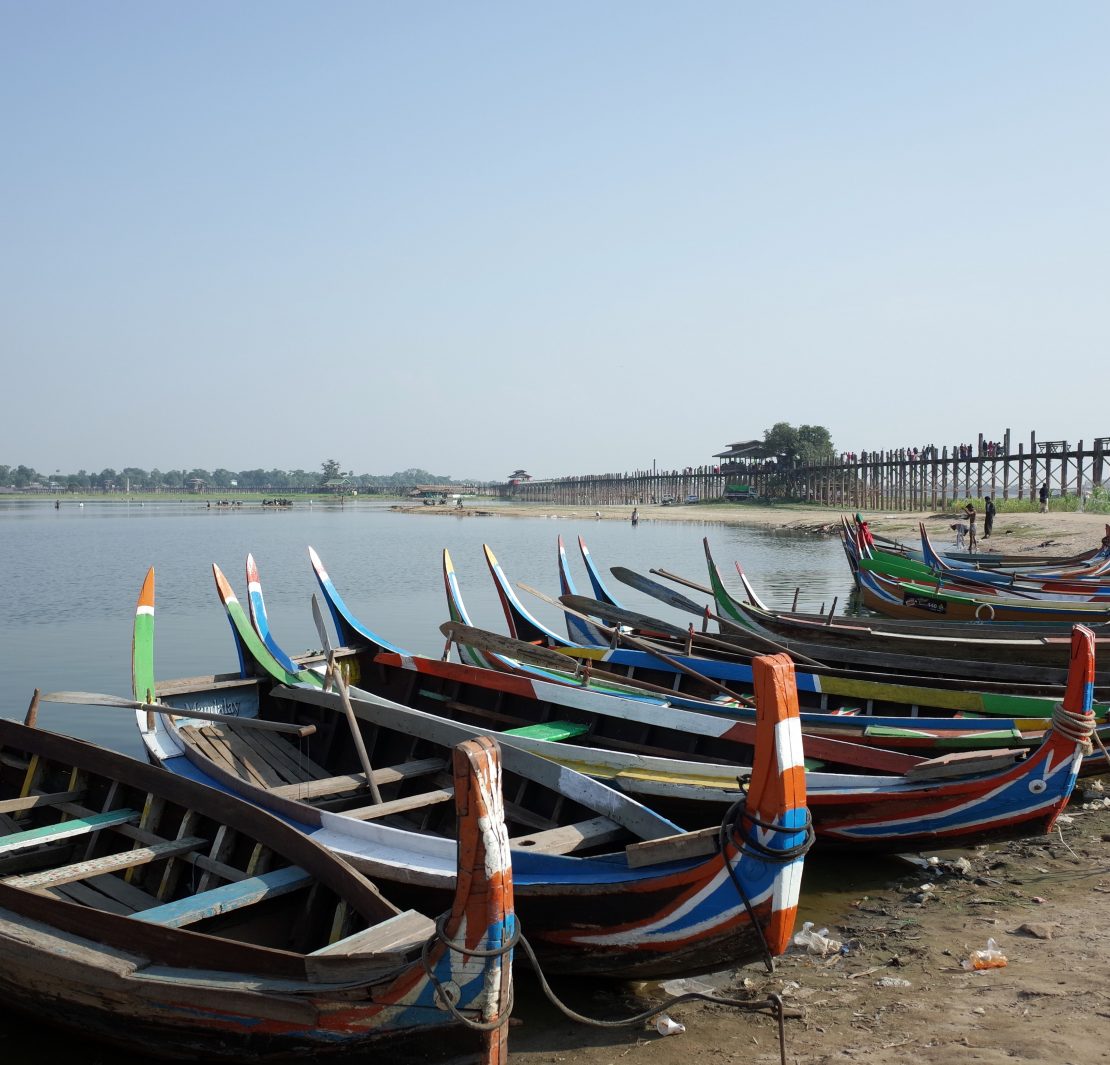A Rohingya boat capsized while on its way to Malaysia on Monday, killing 23 refugees – with around 30 still missing.
Rescue teams have found the bodies of 13 women and 10 men – all of whom were Rohingya Muslims – off the coast of Myanmar. The tragedy occurred near Rakhine state’s capital city Sittwe.
Volunteers rescued 8 people from the boat, whom authorities have currently held at a local police station, reported CNN. The boat reportedly was transporting 58 people, including three boat drivers. The boat’s destination was Malaysia, a coveted destination for thousands of Rohingya Muslims fleeing persecution and poverty in Myanmar and Bangladesh.
The Rohingya are a Muslim ethnic minority group who have lived for centuries in predominantly Buddhist Myanmar – formerly known as Burma. In Myanmar, most Rohingya have no legal identity or citizenship and statelessness remains a significant concern. Violence, forced displacement, and restrictions on freedom of movement have meanwhile hemmed in Rohingya children in Rakhine State. In August 2017, a deadly crackdown by Myanmar’s army on Rohingya Muslims sent hundreds of thousands fleeing across the border into Bangladesh. At least 6,700 Rohingya, including at least 730 children under the age of five, were killed in the month after the violence broke out, according to medical charity Médecins Sans Frontières (MSF).
Earlier this year, the UN reported a steep increase in deadly boat journeys across the Andaman Sea and Bay of Bengal in 2022. More than 3,500 desperate Rohingya attempted deadly sea crossings in 39 boats in that year – mainly from Myanmar and Bangladesh. Many describe the more than one million Rohingya Muslims as the ‘world’s most persecuted minority’. In January 2020, the UN’s top court ordered the Buddhist-majority country to take measures to protect members of its Rohingya community from genocide.
But the army in Myanmar (formerly Burma) has said it was fighting Rohingya militants and denies targeting civilians. The country’s leader Aung San Suu Kyi, once a human rights icon, has repeatedly denied allegations of genocide.
Around 40,000 Rohingya refugees also live in slums and detention camps across India, including Jammu, Hyderabad, Nuh, and Delhi, the majority of whom are undocumented. While all countries have an obligation, according to international law to rescue people in distress at sea, watch groups say that swift action is not always forthcoming particularly when it comes to Rohingya refugees – countries turn many away while women have reported assaults during the journey.




